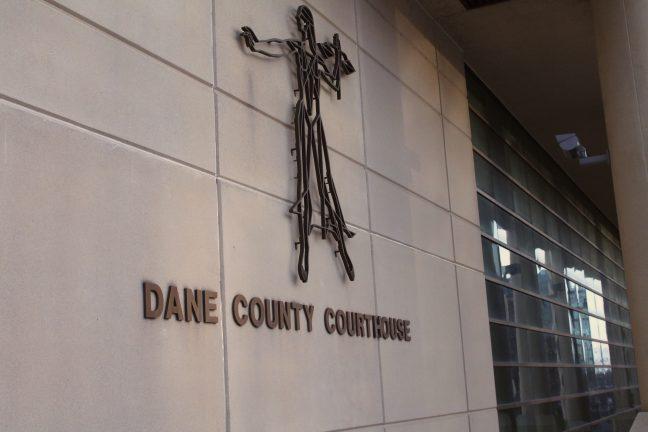In the battle to fight racial disparities, Dane County Equity and Criminal Justice Coordinator Colleen Clark-Bernhardt said data is key.
Clark-Bernhardt addressed racial disparities in arrests in her presentation to the City of Madison Subcommittee on Police and Community Relations. In order to accrue more accurate data, Clark-Bernhardt is partnering with the Harvard Law School Access to Justice Lab to study the Dane County Jail.
Clark-Bernhardt outlined a pre-charging option for 17-25 year-olds in her Community Restorative Report. This would allow suspects to be released on bail before charges, decreasing pressure on the prison service and causing fewer innocent people to spend long periods incarcerated.
Clark-Bernhardt also aims to increase the capabilities of the city’s data-driven analytics system to better understand average lengths of stay in jail, mental health illnesses and racial disparities. One problem is that various government offices do not work together.
“The Madison Police Department uses a city data collection system, while the district attorney and public defender uses the state’s,” Clark-Bernhardt said. “It is as though these offices are working in windowless huts without any communication.”
Breaking down these barriers could improve results, she said.
Clark-Bernhardt’s Criminal Justice Council meets every month to make the criminal justice system more active. Usually the inmates are charged with a crime, go to jail, are released and have no true participation in the process.
“Law enforcement and communities think that a Restorative Court could be a viable tool for rebuilding communities,” Clark-Bernhardt said. “Restoration can include community service and — in some cases — financial restitution.”
County Board budget pushes wage equity, criminal justice reforms
In order to achieve these goals, the city of Madison has paired with the Harvard Law School Access to Justice Lab to perform a multiyear study on Dane County’s inmate population. Results will be broken down by aspects of gender, age and race to determine how equitable jail sentencing is.
The Criminal Justice Council will also pair with the Census Bureau, the Bureau of Justice and Statistics, the New York Police Department and the Los Angeles Police Department to gather data and create a model to better understand who will be incarcerated in the next year.
Through this model, the Council hopes to increase its understanding of intersectionallity in incarceration, like mental heath and criminal justice.

















